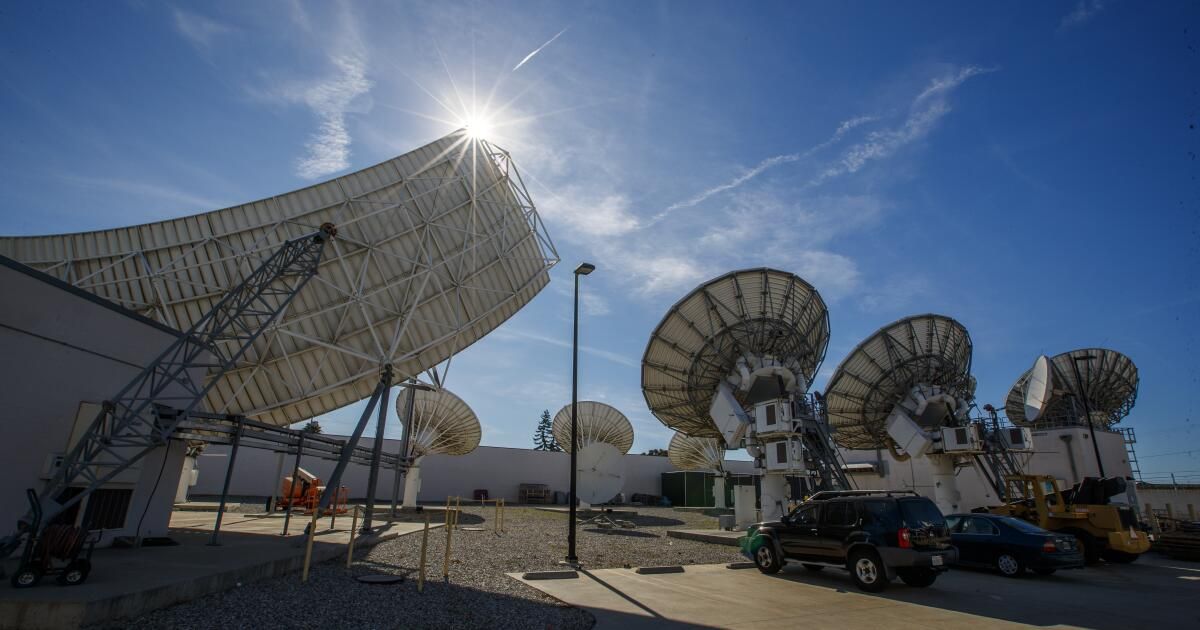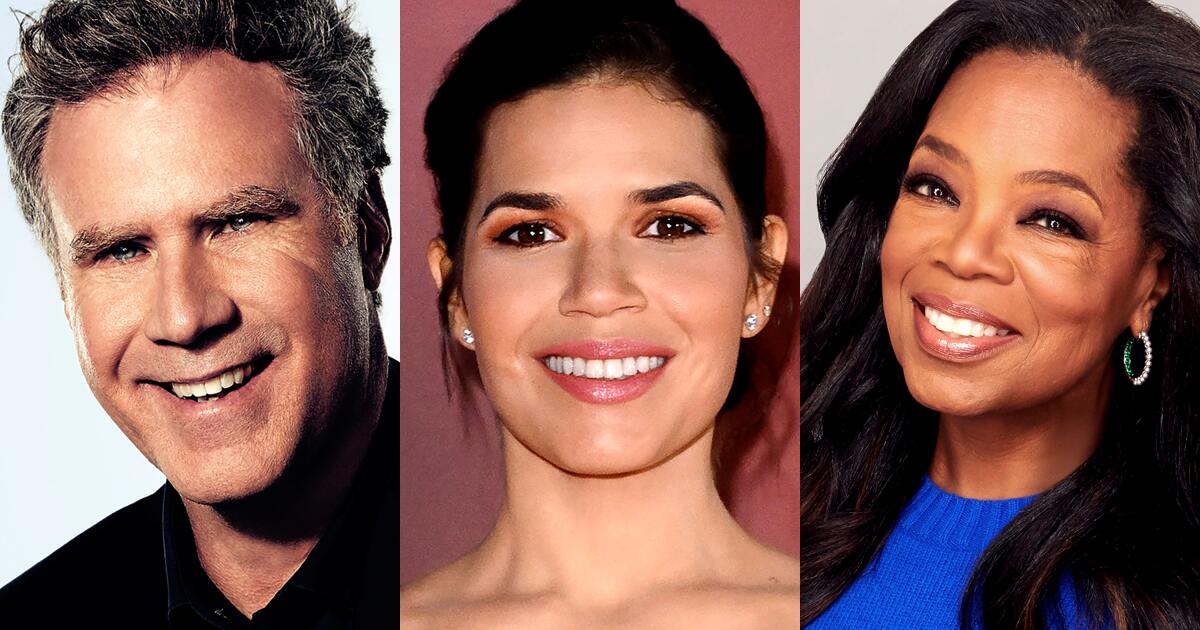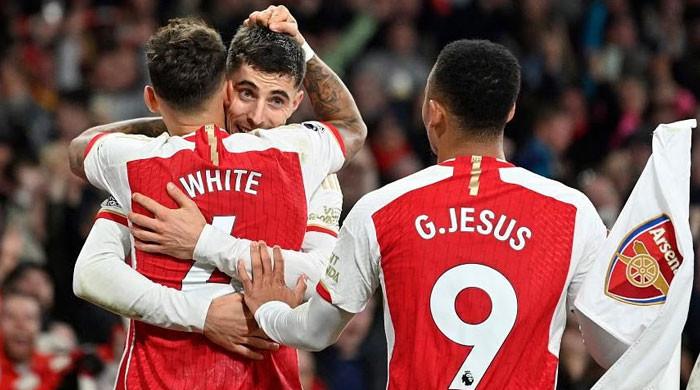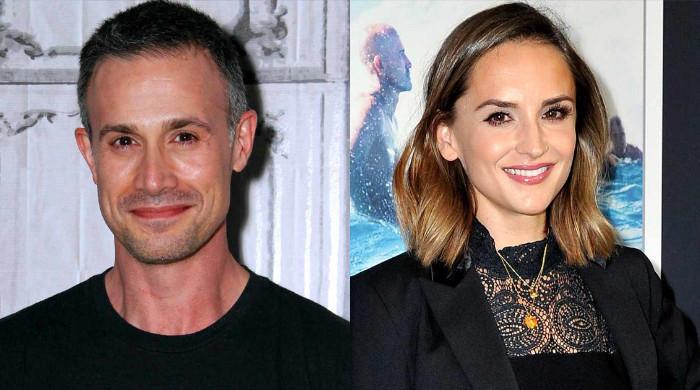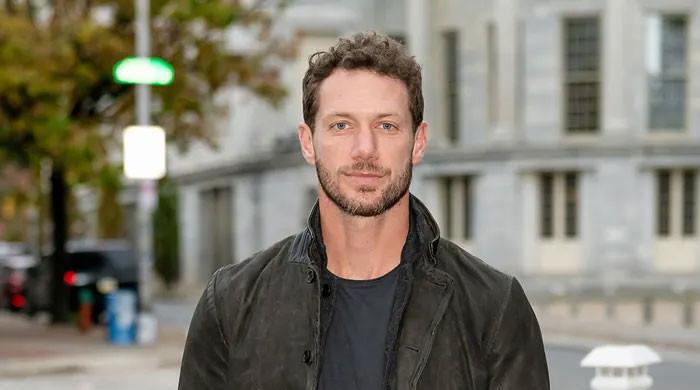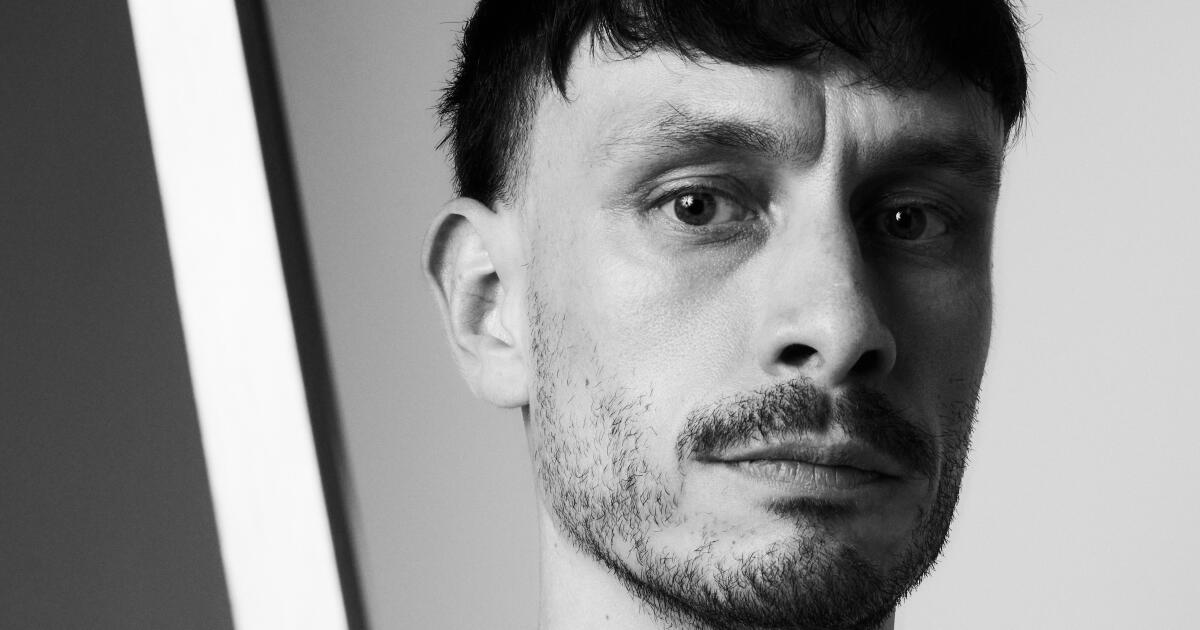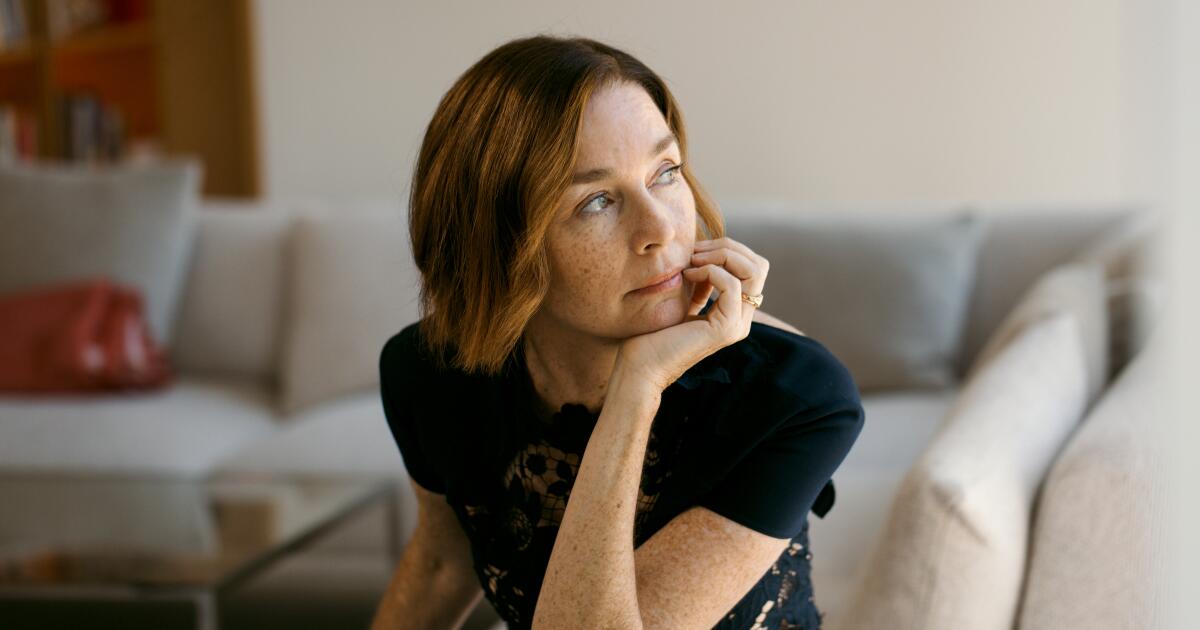Walt Disney Co.-owned channels, including ESPN and ABC stations, were removed from DirecTV's platforms on Sunday after negotiations to reach a new distribution deal failed.
The blackout, which affects DirecTV’s nearly 11 million households, came before Sunday’s highly anticipated college football game between the University of Southern California and Louisiana State University and in the middle of ESPN’s coverage of the U.S. Open tennis tournament in New York. The standoff came on a deadline for a new distribution deal after weeks of haggling between the two companies over contract terms and the fees Disney charges to air its programming.
Without a deal, DirecTV lost its rights to carry Disney channels.
Sports fans will quickly feel the impact. In addition to college football on ESPN and ABC, the new NFL season begins later this week. ESPN is scheduled to kick off its season with a “Monday Night Football” game on Sept. 9 between the San Francisco 49ers and the New York Jets, in which Jets quarterback Aaron Rodgers is expected to return from an injury a year ago.
Disney’s eight ABC stations, including KABC-TV Channel 7 in Los Angeles, are no longer available on DirecTV. That means viewers of local news and “Jeopardy,” “Wheel of Fortune,” “Good Morning America” and “Jimmy Kimmel Live” will be left without some of their favorite shows. Customers in Fresno, San Francisco, Chicago and New York also lost access to their local ABC station.
Other Disney-owned channels, including Freeform, FX and National Geographic, are included in the disruption.
It's unclear how long the blackout will last. A year ago, a similar dispute between Disney and Charter Communications, which operates the Spectrum TV service, resulted in a 12-day blackout of Disney channels.
“I don’t think a blackout is a good dynamic for anybody, especially the consumer,” Justin Connolly, Disney’s president of platform distribution, said last week. “Let’s get down to business … and do something that both sides can execute.”
The Labor Day weekend showdown reflects the economic strain on the television industry.
The shift to streaming and the resulting abandonment of pay-TV services have devastated pay-TV companies. DirecTV has lost more than half of its subscribers over the past decade. The El Segundo company now has about 11 million subscribers, according to industry estimates.
According to financial research firm MoffettNathanson, this year has seen the worst drop in pay-TV subscribers in the industry's history. During the first quarter, the industry lost nearly 2.4 million pay-TV households in the United States, a 12% year-over-year drop, the firm said in a recent report.
Other Disney-owned channels, including Freeform, FX and National Geographic, were affected by the outage. Above, Walt Disney Co. headquarters in Burbank.
(Dania Maxwell/Los Angeles Times)
The drop in subscribers has affected Disney.
The Burbank-based entertainment company has long relied on the billions of dollars it receives annually from DirecTV and other providers in programming fees. The fees are calculated, in part, based on the number of subscribers the channels receive.
Disney’s ESPN has historically been the most expensive basic cable channel, costing distributors nearly $10 a month for each subscribing household. Disney has sought to maintain those premiums to help pay for its costly sports rights contracts, including long-term deals with the NFL and NBA.
The challenges set the stage for contentious contract negotiations at DirecTV headquarters in El Segundo.
The environment has changed dramatically since the last time the two companies reached an agreement, in 2019, when DirecTV was wholly owned by AT&T. The phone giant has since spun off its TV distribution group into a separate entity and hired a private equity partner, TPG, to run the business.
Over the past year, DirecTV executives have been working on plans to increase its offerings to consumers.
DirecTV wants to offer themed packages of different genres — sports or general entertainment — to offer cheaper plans to customers who balk at paying $100 or more a month for a traditional package with more than 100 television channels. Executives want to attract customers who have long yearned for a way to subscribe only to the channels they actually watch.
But according to DirecTV, existing contracts with programmers prevent it from offering customers broadly selected packages.
“Rather than allowing distributors like DirecTV to also develop smaller, more customized packages at prices that reflect the value they derive from the content, programmers have continued to impose and enforce strict bundling requirements,” DirecTV said in a position paper in late August.
The expiration of the 2019 distribution deal with Disney has given DirecTV an opportunity to try to change the terms of the contract.
The satellite TV company said it has asked Disney to relax a key distribution requirement: minimum penetration rates. For example, Disney's agreements require DirecTV and other distributors to provide ESPN to a minimum of nearly 80% of their customer base.
DirecTV argues that such “outdated” penetration rates “force pay-TV customers to subscribe to many channels they may not watch,” and the contracts limit DirecTV’s ability to offer smaller, less expensive packages.
“People watch genres,” said DirecTV chief content officer Rob Thun in a recent interview with The Times. “We believe that customers can have choice and control, but that flexibility is not available to us today.”
But such a change could reduce the revenue flowing to Disney at a critical time.
Disney shares have been under pressure amid weakness at its theme parks and resorts and the stock has been trading near five-year lows. On Friday, Disney closed up nearly 1% at $90.38.
Last year’s discontinuation of ESPN and other Disney channels on Charter’s Spectrum ended with a deal that saw several smaller Disney channels, including Freeform and Disney Jr., removed from Spectrum’s lineup.
In the end, both companies said they emerged victorious.
Charter did not force the issue of penetration rates. Instead, Disney and Charter agreed to expand the reach of the Burbank company’s streaming services, including Disney+, into Spectrum homes.
Disney executives hope last year's Charter agreement could provide a template for a pact with DirecTV.
“There has to be a path to a deal here,” Disney's Connolly said.

